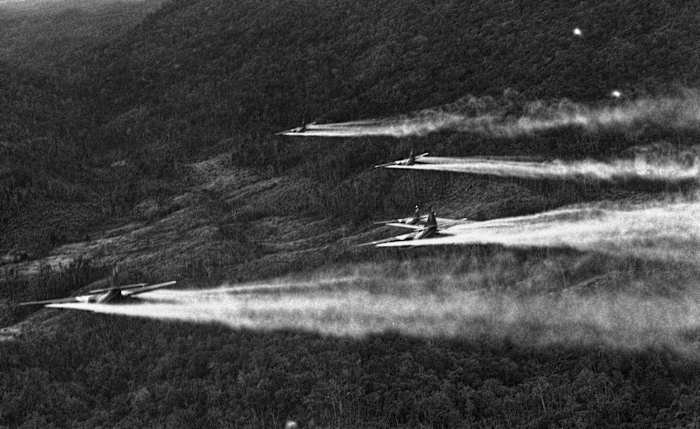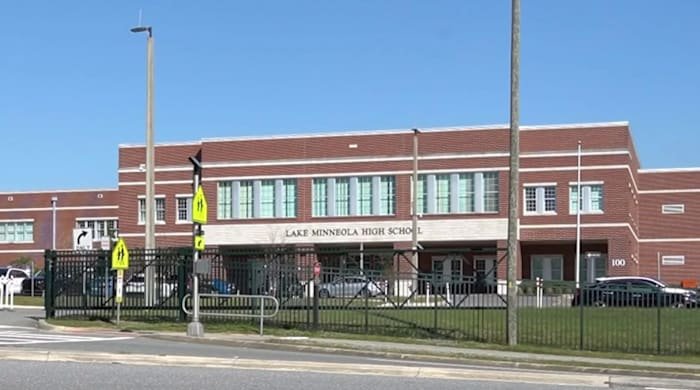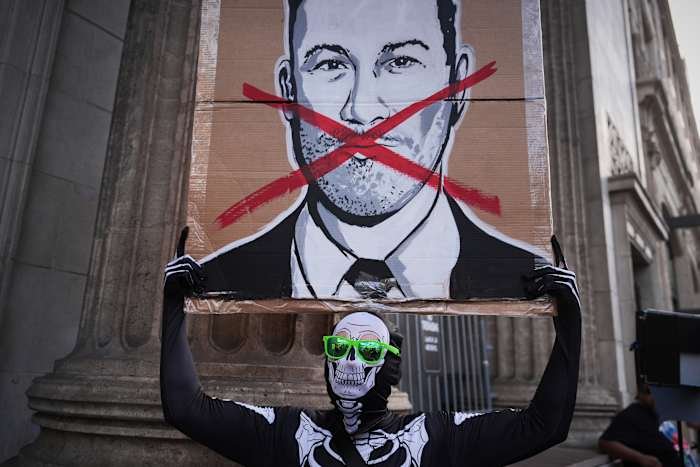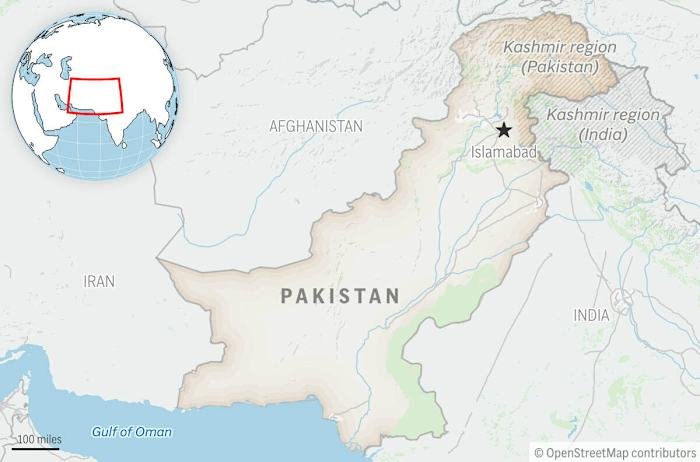Introduction
It has been five decades since the Vietnam War officially ended, but the legacy of one of its most notorious weapons, Agent Orange, continues to haunt communities both in Vietnam and here at home. While many associate the harmful effects of Agent Orange with the battlefields of Southeast Asia, its reach extends to cities across the United States—including our own Orlando. From local veterans to environmental concerns, the disaster unleashed by Agent Orange remains an ongoing issue. In this article, we explore the persistent effects of Agent Orange and how they continue to impact the Orlando community today.
Agent Orange: A Brief History
Agent Orange was a powerful herbicide used by the United States military during the Vietnam War to remove forest cover and crops that could aid enemy forces. Containing high levels of dioxin—a highly toxic compound—Agent Orange was sprayed over millions of acres in Vietnam between 1962 and 1971. Its use led to widespread environmental devastation and severe health issues for those exposed.
After the war, returning American veterans began reporting serious health problems, including cancers, birth defects in their children, and other chronic illnesses. The U.S. government eventually acknowledged the connection, leading to ongoing debates and legal actions over compensation and healthcare for affected veterans. The repercussions of Agent Orange did not end with the war; they followed veterans back to their hometowns—including right here in Orlando.
The Impact on Orlando Veterans
Orlando is home to a significant population of Vietnam War veterans, many of whom were exposed to Agent Orange during their service. Local veterans’ organizations, such as the Central Florida Chapter of the Vietnam Veterans of America, have been instrumental in raising awareness about Agent Orange-related illnesses and advocating for affected individuals.
Many Orlando veterans continue to experience health complications believed to be connected to Agent Orange, including various cancers, diabetes, and neurological disorders. The Orlando VA Medical Center has seen an ongoing need for specialized healthcare, counseling, and support services. Family members, too, are often impacted, as some children of veterans have been born with congenital disabilities linked to Agent Orange exposure.
The fight for recognition and appropriate care persists. Recent years have seen expanded VA benefits for those affected, but the process of accessing these resources can still be challenging. Local advocacy groups encourage veterans and their families to seek support and remain vigilant about their health.
Environmental Concerns and Orlando’s Ecosystem
Although the direct use of Agent Orange occurred overseas, the environmental impact of dioxin contamination is a cautionary tale for communities everywhere, including Orlando. Dioxins are persistent organic pollutants—they do not easily break down and can remain in the environment for decades, affecting soil, water, and wildlife.
Orlando, known for its lush parks and thriving lakes, faces its own environmental challenges. While there is no evidence of Agent Orange contamination here, the lessons learned from the Vietnam War have shaped local environmental policies and practices. Efforts to monitor and manage toxic chemical use in Central Florida have been influenced by the Agent Orange disaster, with increased scrutiny of pesticides and herbicides in our region.
Organizations like the Florida Department of Environmental Protection and local conservation groups have become more proactive in ensuring harmful substances do not threaten Orlando’s natural beauty and public health. The enduring threat of dioxin exposure serves as a reminder of the importance of environmental stewardship.
Education, Awareness, and Community Support in Orlando
One of the most important ways Orlando has responded to the ongoing crisis is through education and community support. Local schools and universities occasionally include the Vietnam War and its aftermath—including Agent Orange—in their curricula, helping new generations understand the costs of conflict and the importance of caring for veterans and the environment.
Additionally, Orlando hosts annual events and memorials that honor Vietnam War veterans and raise awareness about the challenges they continue to face. For example, the Vietnam Veterans Memorial events in downtown Orlando offer an opportunity for the community to come together, remember those affected, and provide support for ongoing advocacy work.
Nonprofit organizations such as the Vietnam Veterans of America and local support groups regularly hold outreach programs, health screenings, and informational seminars in the Orlando area. These efforts are vital in ensuring that those impacted by Agent Orange—including family members—have access to the resources and support networks they need.
Looking Forward: Advocacy and Resilience
Fifty years after the end of the Vietnam War, the legacy of Agent Orange remains a pressing issue for Orlando. The city’s veterans, environmentalists, educators, and community leaders continue to work together to address its lingering effects. While progress has been made in recognizing and compensating affected individuals, the need for advocacy and vigilance endures.
As Orlando grows and welcomes new residents, the lessons of Agent Orange remind us of the importance of supporting our veterans, protecting our environment, and educating our community about the hidden costs of war. Whether through volunteering, attending local events, or staying informed, everyone in Orlando can play a role in addressing the ongoing disaster unleashed by Agent Orange.
Conclusion
The story of Agent Orange is not just a chapter in history books—it is an ongoing reality for many Orlando families and a call to action for our city.
















